Laura (1944)
“I must say: for a charming, intelligent girl, you certainly surrounded yourself with a remarkable collection of dopes.”
|
Synopsis: |
|
Genres, Themes, Actors, and Directors:
Response to Peary’s Review: In his most iconic role, Dana Andrews plays a “tough, crude police detective who is… totally out of his element” in Laura’s upper-crust milieu; meanwhile, Gene Tierney will always be equated with her performance in the film’s title role as an ambitious woman who is ultimately “attracted to men because of brawn rather than brains”. But it’s Laura’s two primary rivals — Clifton Webb and Vincent Price — who easily steal the show. The much-older Webb (as Waldo Lydecker — what a name!) never emerges as a viable sexual partner for 20-something Laura (in the book, he’s impotent; here, he’s merely posited as a companion), but it’s clear she would be nothing without him: he is her Svengali, and he is literally obsessed with making her his personal “project”. Webb delivers many of the film’s most memorable lines with droll aplomb (“I don’t use a pen; I write with a goose quill dipped in venom.”), and never apologizes for his view of the world: “I should be sincerely sorry to see my neighbors’ children devoured by wolves.” Meanwhile, Price — looking “weak and hungry” — is hilariously snivelly and self-absorbed as Laura’s two-timing fiance (“I can afford a blemish on my character, but not on my clothes.”); fans of his later work in campy horror flicks will likely be surprised by his early turn here. Redeeming Qualities and Moments:
Must See? Categories
(Listed in 1001 Movies You Must See Before You Die) Links: |
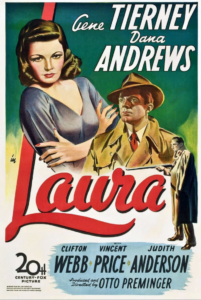
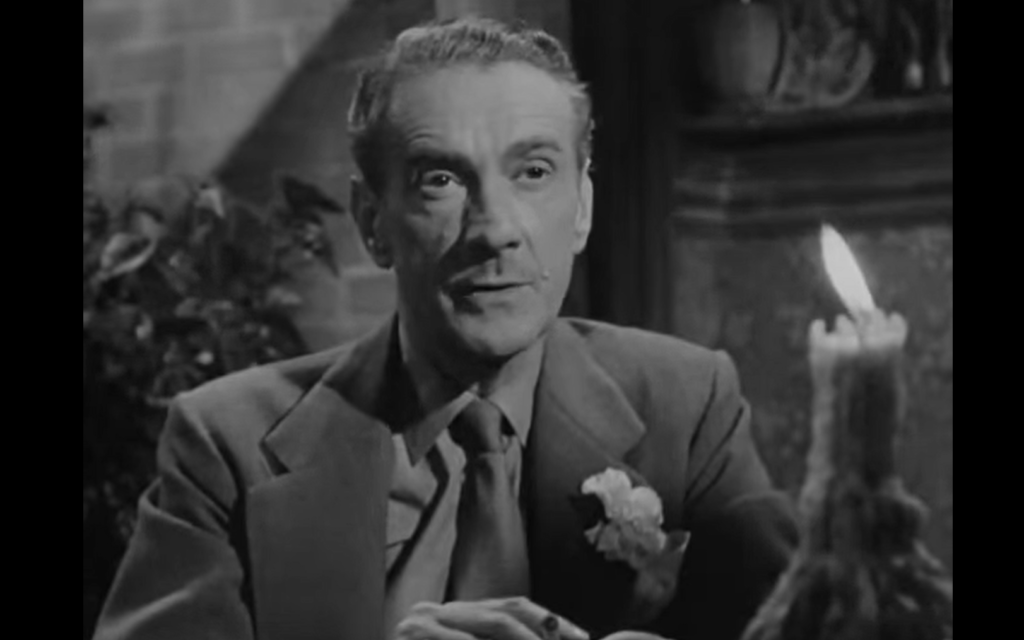
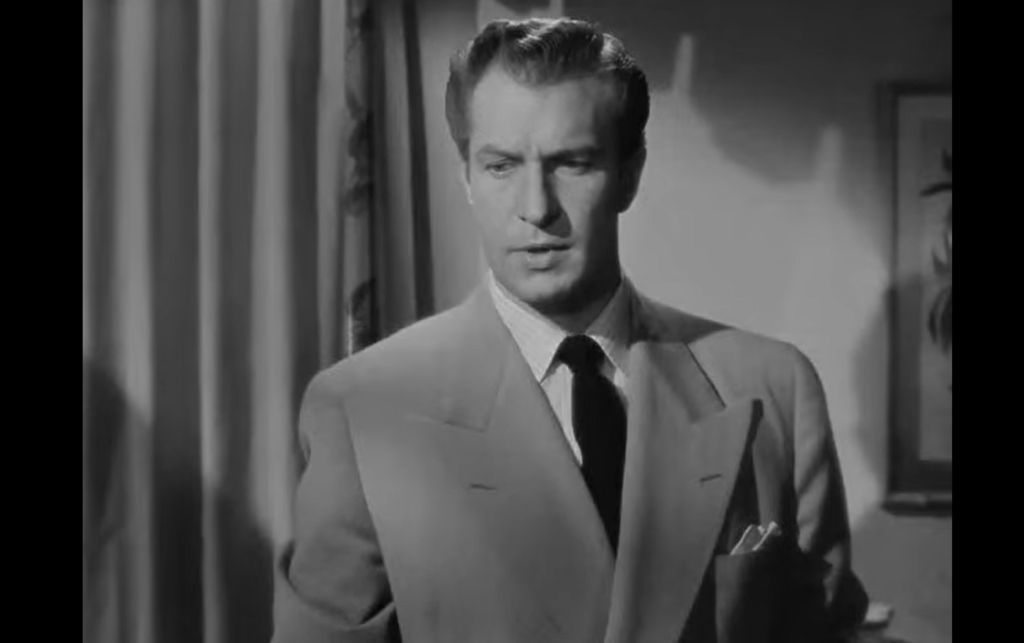
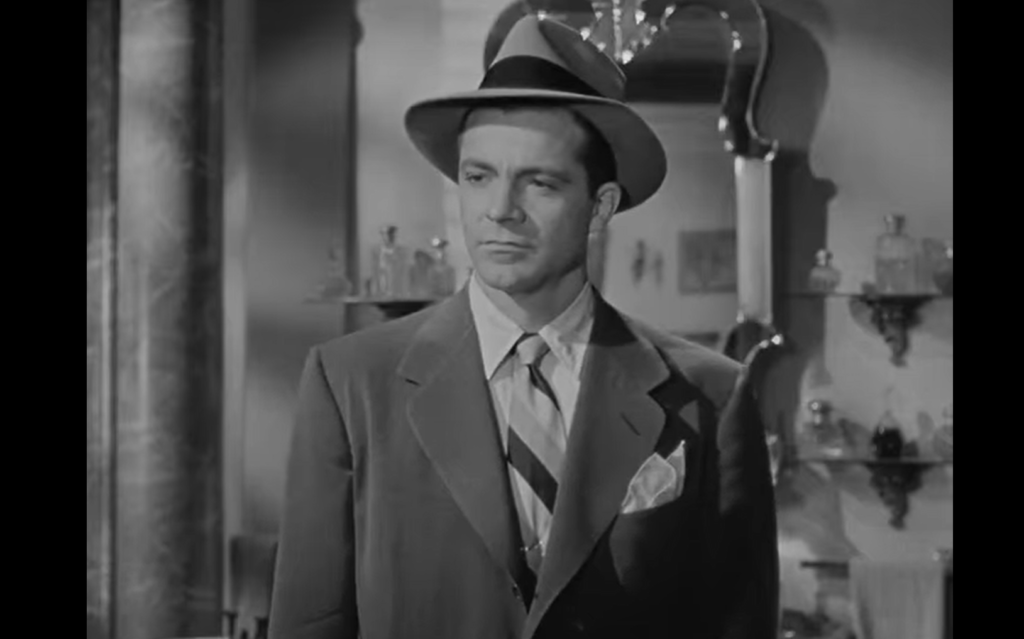
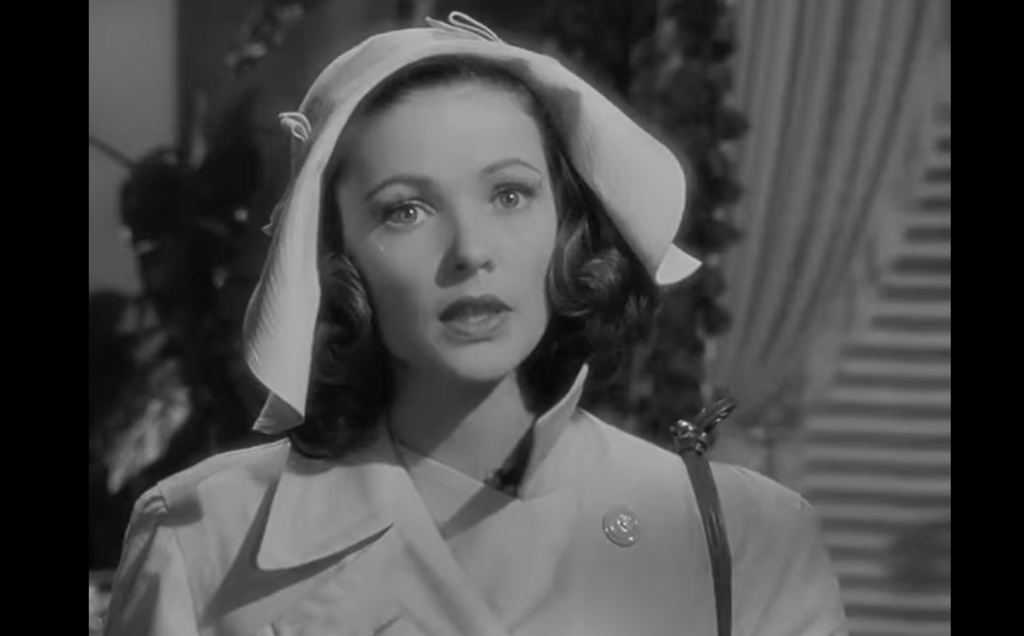
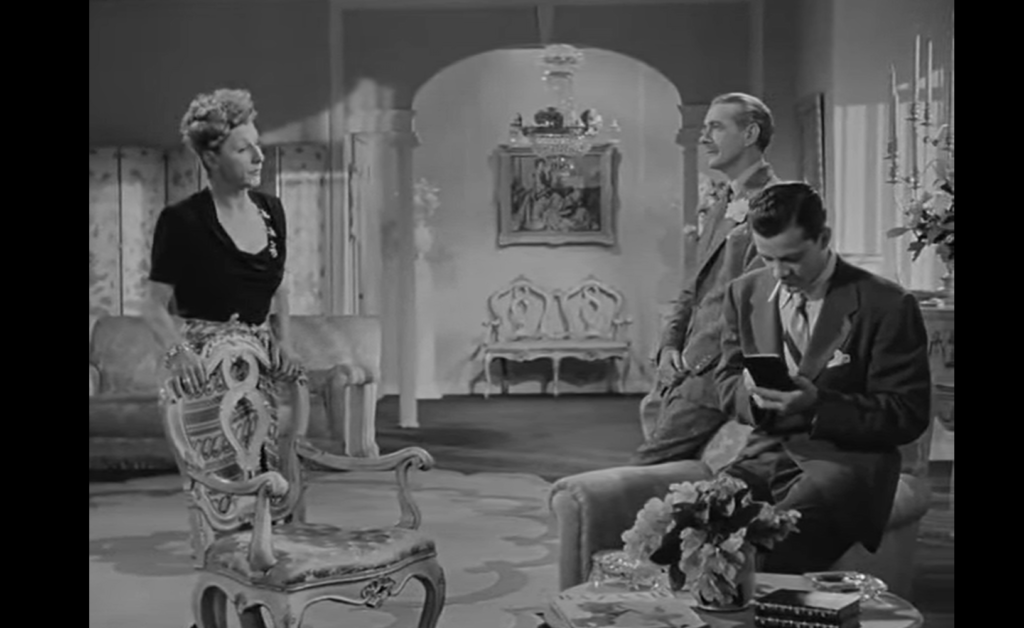
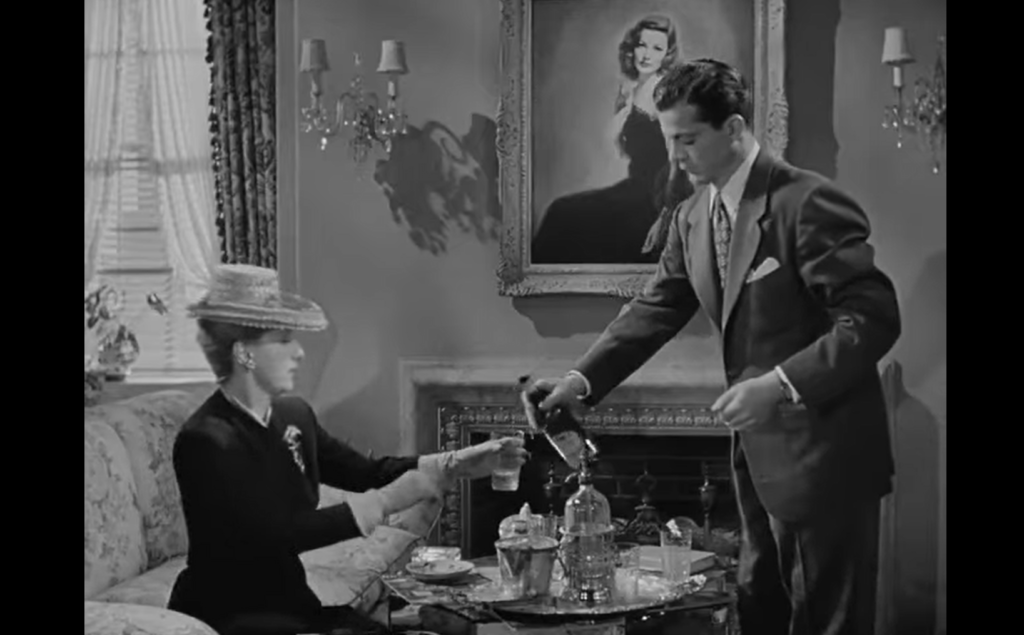
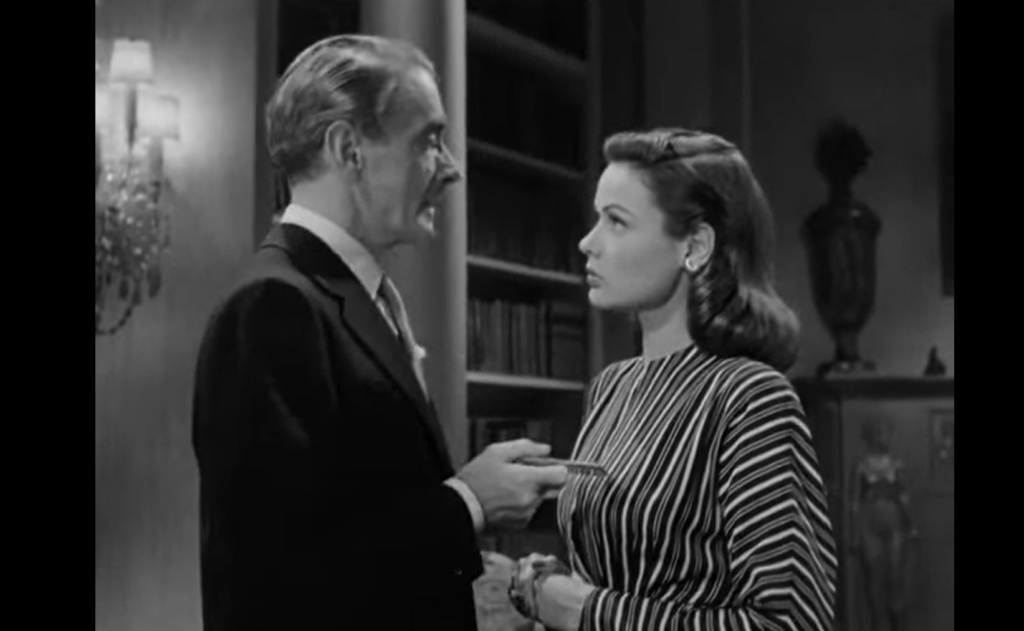
One thought on “Laura (1944)”
SPOILER ALERT (can’t help myself) –
A must: a deliciously splendid, perfectly realized film noir. It’s one that I used to see periodically – and always, somehow, forgot who the murderer was upon seeing it again. I’m not likely to ever forget now.
Here we have a caveat of sorts – which alters our understanding of the film.
This is best explained by the casting. Let’s suppose that, as Waldo Lydecker (one who ‘decks the lies’), someone like George Sanders had been cast instead of Clifton Webb. Sanders was capable of playing an effete snob – he did so in ‘All About Eve’ (among others); but in ‘AAE’ he gives his character a heterosexual gravity that serves to counteract bitchiness. (btw: Sanders also went on to credibly portray a homosexual in Huston’s ‘The Kremlin Letter’)
However, Clifton Webb is playing Waldo. As Vito Russo points out in ‘The Celluloid Closet’, in the pre-shooting script of ‘Laura’, Waldo was explicitly gay. In other words, he must have been more of a monster homo. That still more or less comes out in the final, toned-down version of the character – and that’s probably why (the oddly cadaverous-looking, at least in the bath) Webb was the better choice over someone like Sanders. The characterization remains that of a maniacal, screaming queen – and, to varying degrees, that was Webb’s persona in film.
This is established minutes into seeing Webb here:
Andrews: A nice, little place you have here, Mr. Lydecker.
Webb: It’s lavish – but I call it home.
Just about everything Webb says in this picture screams ‘insane homo’:
Webb: (to Laura, re: Andrews) If McPherson weren’t muscular and handsome in a – cheap sort of way, you’d see through him in a second.
Webb: (to Laura, re: Andrews) I hope you’ll never regret what promises to be a disgustingly earthy relationship.
Webb: (to Laura) The best part of myself – that’s what you are.
Clearly, Webb’s Waldo wants to *be* Laura. I’d now love to read the original novel by Vera Caspery to know more.
‘Laura’ is among director Preminger’s best films. It’s beautifully shot, Raskin’s running theme is, indeed, hauntingly suitable, and there is some mileage gained (in an attempt to camouflage the obvious) by having a number of characters highlighted as suspects. I esp. like the sequence during which (a superb) Judith Anderson remarks about herself and Price: “I’m not a nice person, neither is he.”; soon after, a subtle moment proves this to be true.
The movie also has the distinction of, midway, having one of the best WTF moments in film history.
‘Laura’ is very dream-like; indeed, one character refers to the whole thing as ‘a bad dream’.
Simply stunning, overall.